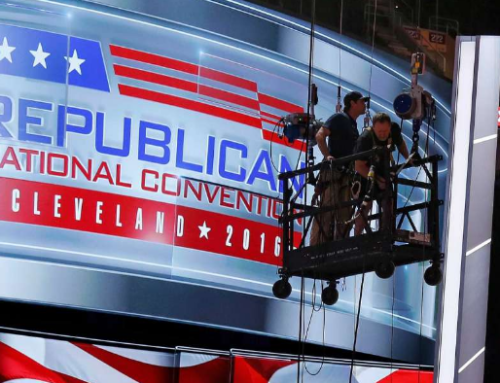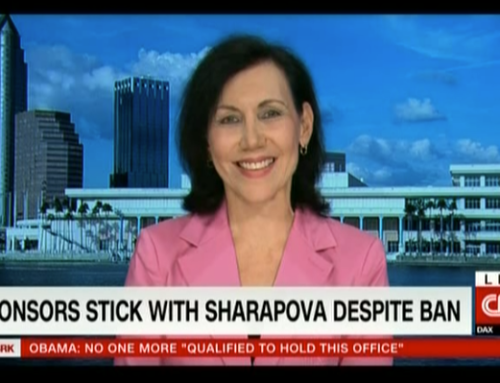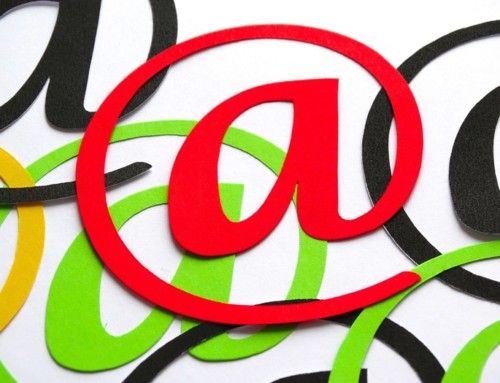Organizations invest millions on building honorable brands, most claiming to strive for loyal relationships with buyers. Then why are so many crossing the line and mucking up the market for all of us with bad behavior?
Rebates that never happen, direct-mail fibs, deceptive ads, and promotions with more loop holes than a FEMA program – every day, companies are sliming us with these scrappy marketing tactics. But the saddest part of the story is that this trash is not only coming from the pure evildoers, but from many well-branded, respectable companies.
If building brand equity is the goal, then equal importance should be placed on practicing all these behaviors:
• Be a category leader, the expert
• Maintain top-of-mind awareness
• Have a consistent message through all touch points
• Connect through emotions
• Always employ full integrity in your actions
So what happens to the last one? Do brands get so big that the top brand leaders don’t know what’s going on? (Maybe they went to the Ken Lay school of management?) Or does pressure to make short-term revenues override the value of honest, long-term relationships with customers?
Whatever the case, it’s time leaders take note, because they are damaging the trust for all of us as brand builders.
Deception in promotional programs, communications, advertising, and customer service pollutes the entire market. Consistent integrity, not shady tactics, is the glue that bonds a brand to a consumer.
If you are employing any of these deceptive practices, you may have an integrity problem that is certain to eat away at your previously-earned brand equity. And if you don’t believe this is a real problem today, just search for consumer complaints Web sites or blogs and see what you find.
Credit card companies and financial institutions seem to be some of the biggest contributors to this epidemic. My bank, a big, national comp-any, sends me an offer for a free companion plane ticket if I charge $250.00 on my credit card. Cool. So I charge away and try to redeem my reward. Turns out, after numerous conversations with the redemption company, that to get the free ticket you must buy a full-fare, unrestricted ticket, which costs three times the price of what most would spend on that ticket. Is that how you would treat a loyal friend?
I purchased a national branded electronic item over the Internet. The sales associate told me they were offering a rebate. I sent off all the paperwork and waited for months. After many calls to the company, I was informed that the rebate was no longer valid. Why? No one knew.
More than $400 million in rebates are offered every year to seduce consumers to buy. Industry experts estimate 40% of these rebates never get redeemed, translating into $2 billion dollars of extra revenue for retailers and their suppliers. Most of these annoying programs make it so difficult, with restrictions, complexities, and unreasonable deadlines or fulfillment schedules, that the brand experience becomes an absolute nightmare. Is that how you build a long-term relationship?
My latest peeve is a large software company that sends out renewal notices for a publication you’ve never subscribed to. The document looks like an official invoice and states, “pay by such and such a date to prevent interruption of your service.” What service, the service of being lied to?
Is this problem limited to just mega firms? Probably not. It just seems when a brand has a high-profile the sins stand out like a nasty black eye. The real travesty here is that when any brand behaves badly, we all get hurt. The unscrupulous actions corrode the buying market with a broken trust, the trust that is key to relationships and, ultimately, building brands.
So whether you are a guilty party, or witnessing these actions in your company, or even considering using these methods to build extra revenues, STOP! It’s a short-term, cheap, and slimy way to build business, not an honorable strategy for building a brand.
I asked some other industry experts for ways to prevent these shady practices from ever starting.
Peter Koeppel, President of Koeppel Direct suggests: “When developing and executing a promotional program, it’s vital that the marketer delivers on everything that is promised to the consumer. Gray areas, deceptive language, and hidden rules break promises and brands. And when in doubt, follow the advertising and marketing industry codes of ethics. They all have straightforward guides.”
Janelle Barlow, co-author of Branded Customer Service explains, “Consumers have come to expect advertising and promotions to overstate, to over promise, and to frequently not deliver. Companies that do the best job at avoiding this problem integrate their marketing efforts into all departments — HR, internal communications, operational managers — and always with top brand leadership.”
It’s a real shame when a marketing campaign has not been shared with front-line staff that is expected to deliver the promises. Customers frequently know more about the promotions than employees. Staff end up looking stupid, customers feel as if they aren’t being trusted when they repeat what the advertising says, and the brand is diminished.
Of all the practices for building brand equity, integrity should not be the hardest. Just tell the whole truth in simple direct words. Keep your promises. If you offer a money-back, no-questions-asked guarantee, return the money promptly and don’t hassle the customer. The same goes for rebates. Put important language in readable type, not small print that all but unreadable. And educate front-line people about the offers, promotions, and rules.
As brand leaders, do your part for all of us.





